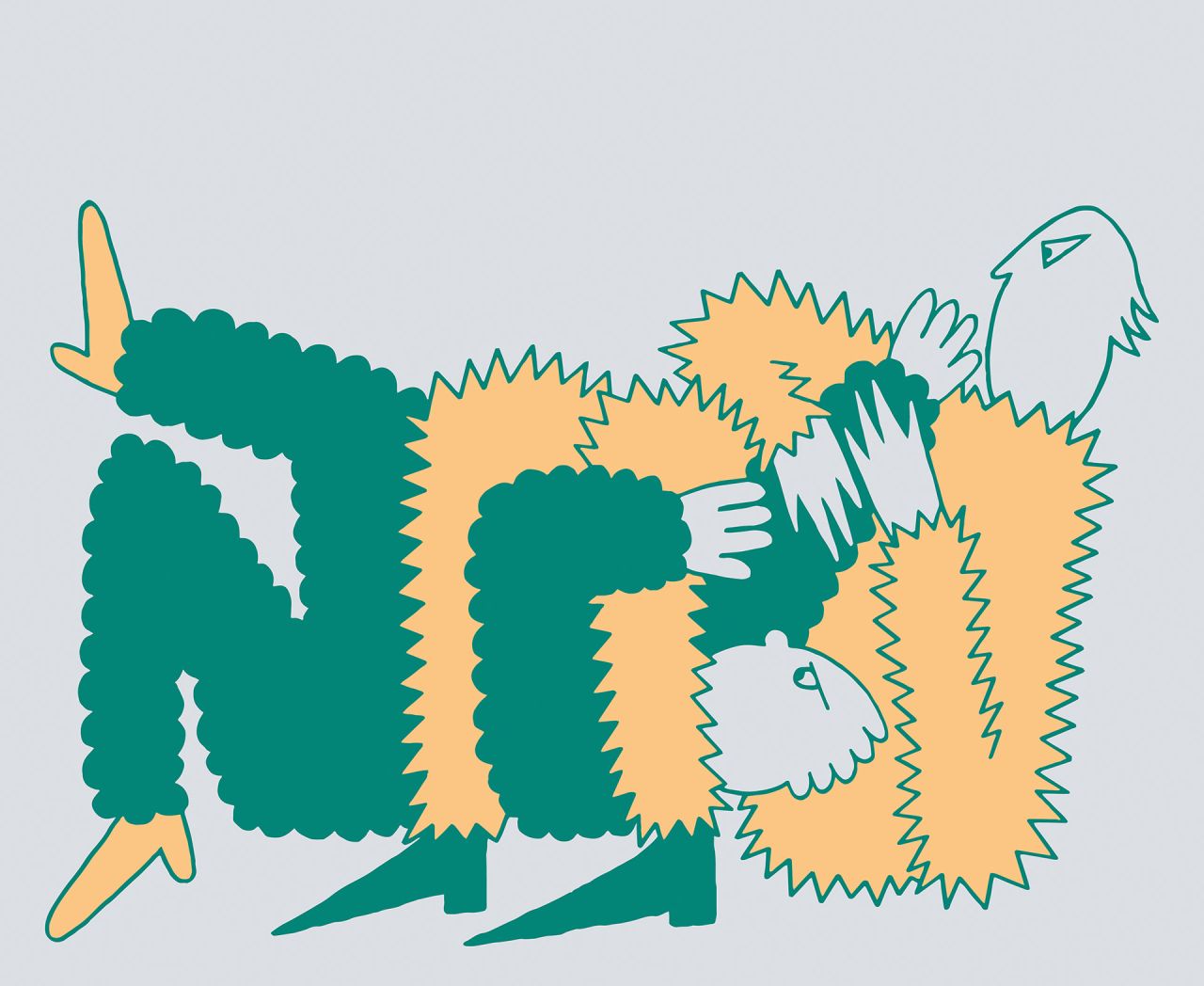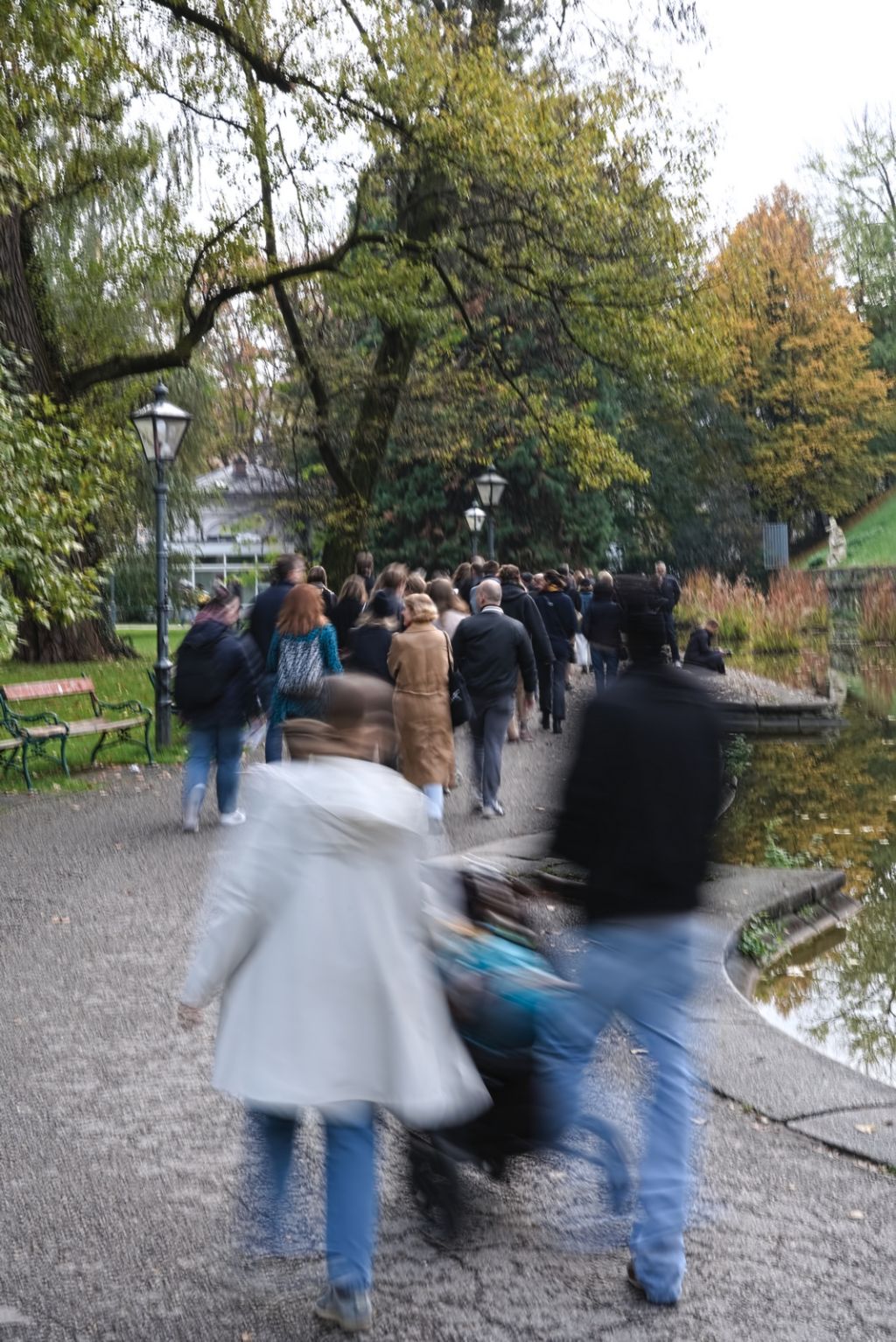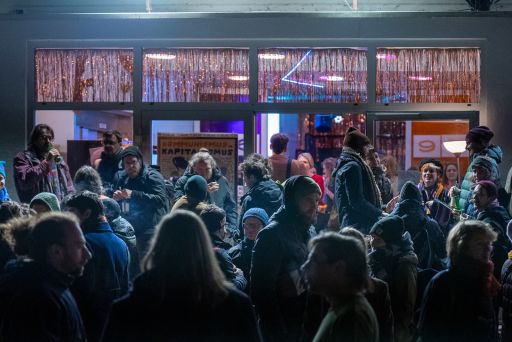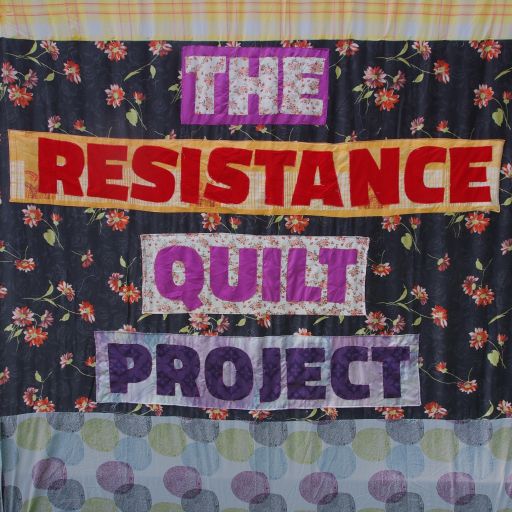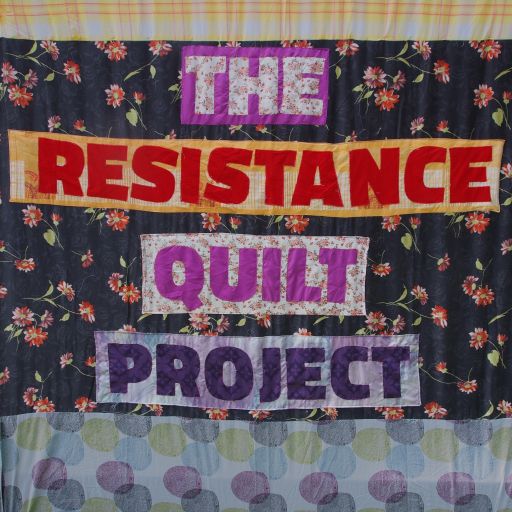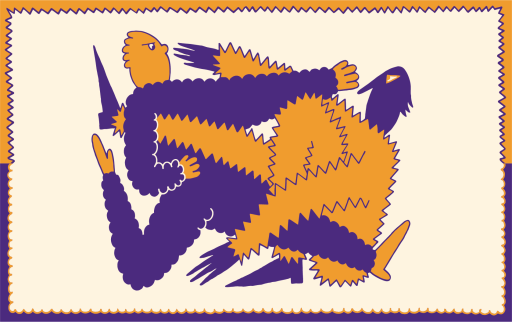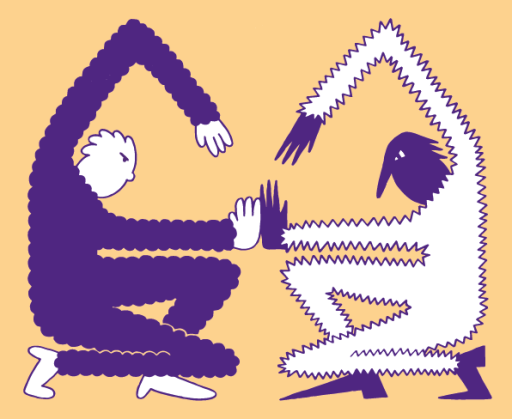WELTWORTREISENDE
Colonial Entanglements
Hall of Beef
Weltwortreisende
The urban walk Graz Decolonial addresses three dimensions of coloniality in Graz. Firstly, it renders Black perceptions of Graz visible and audible. Colonial and racist symbols continue to be present in the city, and represent a painful
part of the daily confrontation with colonial heritage.
A further continuity is represented by the ongoing presence of “soft” colonialism, which shaped Austria from the rule of the Habsburg monarchy through to its present-day role in the Balkan region. The third emphasis lies in current neo-colonial and imperial entanglements.
To what extent are Graz’s economy and politics involved in the various extractivist projects and theatres of war on this planet – and why does this tend not to be thematised in public debates? The walk will bring us to sites in Graz that tell something about these three interwoven dimensions – from memorials, street names, and symbols to gaps, omissions, and moments of repression.
The format will be developed in close conversation with experts, activist and cultural communities, and includes both historical and political perspectives and artistic and literary contributions.
After the walk there will be music by Az Acili and drinks in the Forum Stadtpark from 19:00.
Urban Walk as Part of the Festival “Weltwortreisende”. More about the festival HERE.
TEAM
Rivka Saltiel, Sara T. Huber, Markus Gönitzer, Adjani Kamucote, Heide Bruckner, Anela Dumonjić, Jennifer Brunner, Anna Verwey, Sarah Baumgartner, Derya Özkaya, Fabian Wagner und Fiston Mwanza Mujila.
